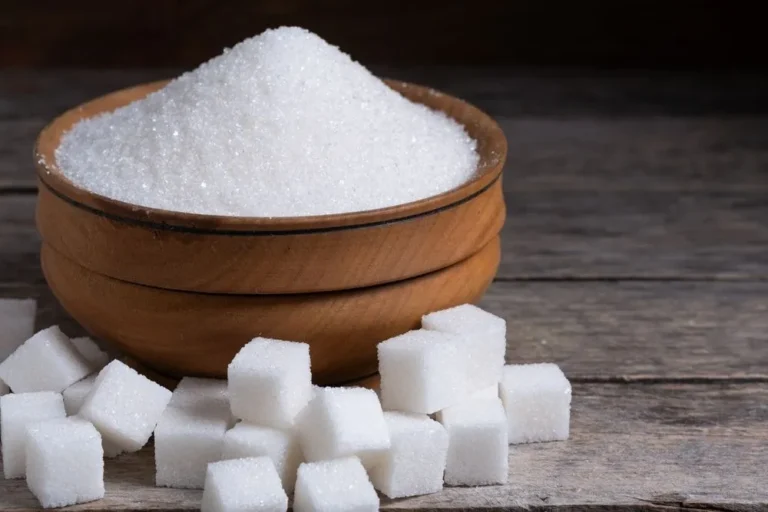
The Nigeria Customs Service (NCS) has announced an exemption from import duties and Value Added Tax (VAT) on essential raw materials used in pharmaceutical production. This initiative aims to boost local drug manufacturing and improve access to affordable healthcare products.
A Major Boost for Nigeria’s Pharmaceutical Industry
The exemption from import duties and VAT on pharmaceutical raw materials is expected to reduce production costs for local drug manufacturers significantly. The policy aligns with the government’s broader objective of strengthening the pharmaceutical industry and reducing Nigeria’s dependence on imported medications.
Speaking at a press briefing, Adewale Adeniyi, Comptroller-General of the Nigeria Customs Service, stated that this waiver is part of the administration’s efforts to encourage local drug production. “This measure will enhance the capacity of local pharmaceutical companies to manufacture high-quality drugs at competitive prices,” he said.
Key Pharmaceutical Raw Materials Covered
The policy covers a wide range of essential raw materials, including active pharmaceutical ingredients (APIs), excipients, and other necessary components used in drug formulation. By eliminating the financial burden associated with importing these materials, the government hopes to stimulate investment in the sector.
According to the Pharmaceutical Manufacturers Group of the Manufacturers Association of Nigeria (PMG-MAN), the high cost of importing raw materials has been a major challenge for local drug producers. This new waiver is expected to make Nigerian-made drugs more affordable and widely available.
Addressing Healthcare Challenges
Nigeria has long struggled with the high cost of essential medicines, a problem exacerbated by heavy reliance on imported drugs. This initiative is seen as a step towards achieving pharmaceutical self-sufficiency in the country.
Dr Ahmed Tijani, a public health expert, commended the government’s move, stating, “Reducing import duties on pharmaceutical raw materials is a welcome development. It will lower the price of medicines and increase accessibility, particularly for low-income patients.”
The Nigerian healthcare system has faced significant challenges, including shortages of essential medicines and high out-of-pocket patient costs. By supporting local drug manufacturers, the waiver is expected to help address these issues and improve healthcare outcomes.
Economic and Industry Impact
The waiver is expected to attract more investments in Nigeria’s pharmaceutical industry. With lower production costs, local drug manufacturers can expand operations, create jobs, and contribute to economic growth.
The President of the Nigerian Association of Industrial Pharmacists, Dr. Funmi Olugbade, emphasized that the decision would encourage more pharmaceutical companies to set up manufacturing plants in Nigeria. “When production costs are lower, companies can reinvest in research and development, leading to better innovations in the industry,” she noted.
Furthermore, reducing dependence on imported finished drugs will help Nigeria mitigate the impact of foreign exchange fluctuations on the cost of medicines.
Government’s Commitment to Healthcare Reform
The duty waiver is part of the Nigerian government’s broader strategy to reform the healthcare sector. President Bola Ahmed Tinubu’s administration has prioritized policies that strengthen local industries, improve healthcare infrastructure, and enhance public access to essential medicines.
Minister of Health Dr Ali Pate praised the initiative, highlighting that a strong pharmaceutical sector is crucial for national healthcare security. “We must ensure that our people can access high-quality medicines at affordable prices. This waiver is a key step toward that goal,” he said.
The government is also working on other initiatives, such as incentivizing pharmaceutical companies to invest in local manufacturing and enhancing regulatory support through the National Agency for Food and Drug Administration and Control (NAFDAC).
Stakeholder Reactions
The announcement has received widespread approval from industry players, healthcare professionals, and the public.
- Pharmaceutical Companies: Several local pharmaceutical companies have welcomed the decision, stating that it will allow them to scale up production and offer more affordable medications.
- Healthcare Advocates: Many public health organizations have praised the initiative, calling it a significant step toward improving medication access in Nigeria.
- Economic Experts: Analysts believe the waiver will contribute to Nigeria’s industrial growth and reduce dependency on imported drugs.
Challenges and Implementation Concerns
Despite the positive outlook, some stakeholders have raised concerns about the policy’s implementation. Industry experts emphasize the need for strict regulatory oversight to prevent waiver abuse.
Dr. Musa Olatunji, a pharmaceutical economist, warned that “there must be proper monitoring to ensure that the benefits of this waiver reach consumers and that manufacturers do not exploit the situation for excess profits.”
Additionally, some experts stress the importance of improving Nigeria’s infrastructure, such as power supply and logistics, to further support the growth of the pharmaceutical sector.
Future Outlook
The exemption of import duties and VAT on pharmaceutical raw materials is expected to have far-reaching effects on Nigeria’s healthcare sector. With a strengthened local pharmaceutical industry, Nigeria could eventually become a key supplier of essential medicines within Africa.
Industry stakeholders are optimistic that the government will continue introducing policies that support local industries and drive sustainable economic growth. If effectively implemented, this initiative could position Nigeria as a leader in pharmaceutical production globally.
Conclusion
The Nigeria Customs Service’s decision to waive import duties and VAT on pharmaceutical raw materials is a significant policy shift to strengthen local drug manufacturing. It is expected to reduce medicine costs, improve healthcare access, and boost economic growth.
While challenges remain in ensuring proper implementation, this initiative marks a significant step toward achieving pharmaceutical self-sufficiency in Nigeria. Stakeholders now await further government action to sustain and expand support for the healthcare sector.



